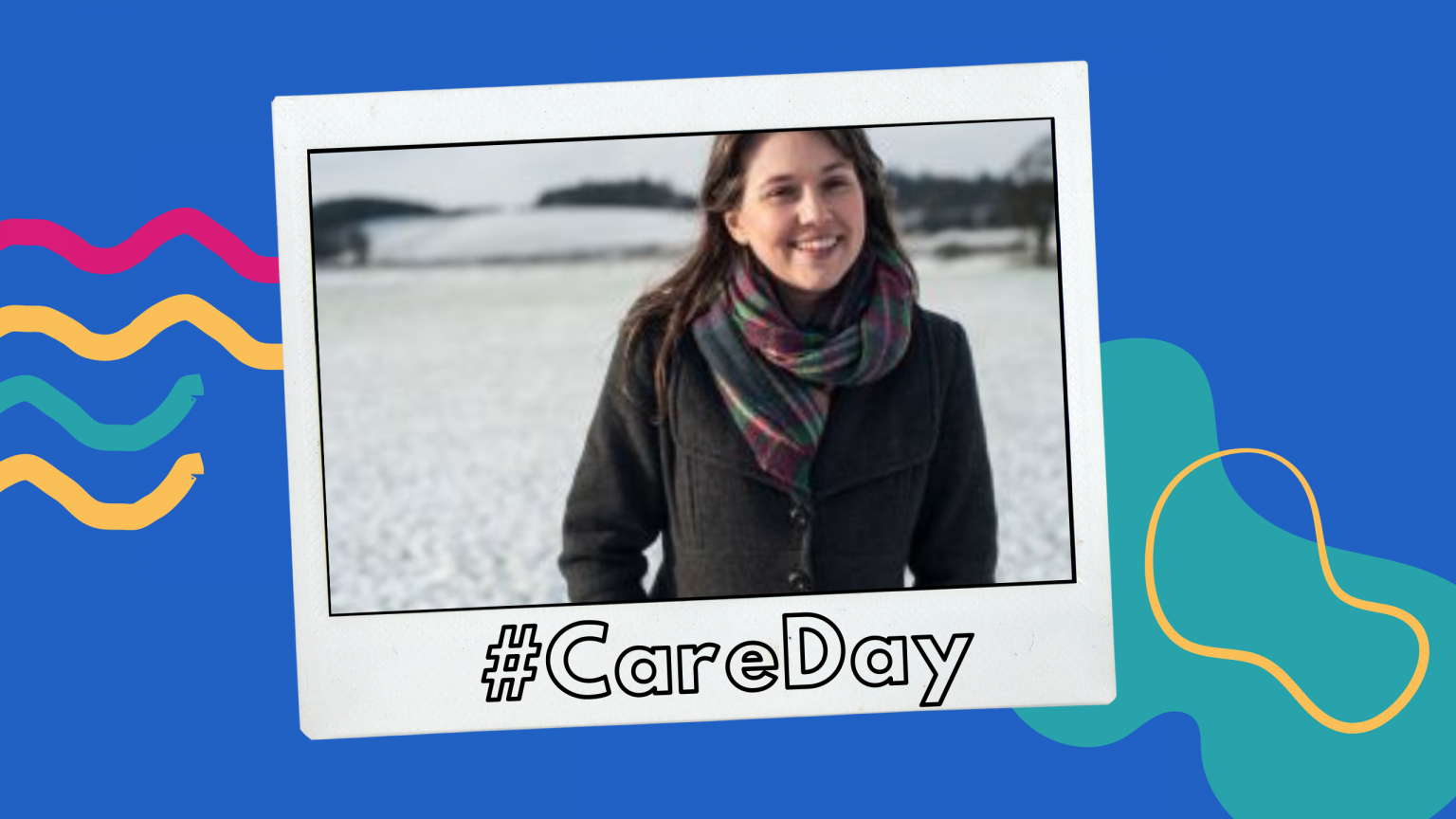Brief Released by Who Cares? Scotland on Dec 19th 2016
Ahead of the debate on “Improving the Care Experience of Looked After Children” led by the Minister for Child Care and Early Years, Mark McDonald, Who Cares? Scotland prepared this brief for all members of the Scottish Parliament.
Key points
- Care experienced people are held at the front and centre of the review and to achieve a root and branch perspective, the time needed must be afforded.
- The review considers life before, during and after care.
- The review is honest and appreciative about the current system.
- The review is widely supported, politically neutral and must include Scotland’s communities.
- The leadership of the review is vital to garnering the trust and inclusion of care experienced children and young people.
- Who Cares? Scotland has been representing the independent voice of care experienced children and young people for 38 years.
The Independent Root + Branch Review of Care
The First Minister’s announced an independent ‘root and branch’ review of care in Scotland on 15th October. As part of this announcement, the First Minister also referenced her commitment to listening to 1000 care experienced voices over the next 2 years and that the review would be driven by care experienced voices.
Scotland now has an opportunity to take a different approach to typical reviews or inquiries by undertaking a world leading comprehensive examination and appreciative review of care; through the lens of care experienced journeys. Professionals and academics have historically informed and shaped care and protection services for children, young people and families across Scotland. In this review – they will also play a role. However, the space and time needed to allow care experienced people to have their voices heard is vital. If this is not secured, then there is a risk that care experienced people will not trust that the review is placing them right at its heart.
How we got here
In February 2016, Who Cares? Scotland secured commitment to the 1000 Voices Manifesto from a host of organisations, and were delighted that cross-party support was secured for its asks. It is credit to all political parties that the commitment to care experienced lives remains on the national agenda. Following the election, a series of public and political facing opportunities were secured for care experienced people to be listened to. This included the STV documentary Who Cares. Who Cares? Scotland supported four care experienced people to share their experiences with STV. They were also asked to meet with the First Minister as part of the documentary.
Who Cares? Scotland’s mandate
For 37 years, Who Cares? Scotland has been working independent to the sector to advocate for care experienced children and young people; we do not provide statutory care services. We are a membership organisation of over 1,100 care experienced members. We have been listening to young people’s experiences and we have helped them to share their views. We know that instability, relationship breakdown, trauma, stigma and uncertainty about their future can impact on a young person’s experience of care. We have witnessed communities come together to reject the building of children’s homes. To overcome issues like this, we have positively campaigned across Scotland to educate ordinary Scots on care.
Identity: a positive sense of self
Having a positive association with care experience is important; even if the care experience itself did not feel positive. The UNCRC expects all children and young people to have a right to an identity. Not identifying with a care experience privately or publicly means young people and adults don’t always access the rights they have because of it. This can impact on education, housing, employment and health. It reduces levels of self-confidence an individual has with which to declare their care experience. It perpetuates the feeling of difference and it pre-empts a fear of prejudice towards them.
There is no protection in equalities law to be protected from discrimination if you are care experienced. This review offers a chance for Scotland’s care experienced people to feel included and accepted regardless of their care experience. It can help Scots understand that care experienced people are deserving of this inclusion.
Considering the whole person in this Review
To progressively review care, it is vital that each journey is understood from start to finish including experiences before coming into care, during care and how life exists for care experienced people once they have left care. The scale and scope of the review is significant; we believe it should encompass the developmental journey of children and young people. Instead of confining discussions to processes and systems, the review should view it through the lived experiences of children, young people and adults – to date. The care system does not exist in a vacuum. It affects every aspect of our society; from our nurseries to our prisons. Who Care? Scotland also believes that it will be important to consider the role of the public within the review and their role following it.
Placing love at the heart of the system
The First Minister made clear her intention to ensure care experienced children and young people feel loved. Who Cares? Scotland began speaking to the sector about love in 2013. Care experienced children and young people told us that love is missing from the care system. Feeling loved helps care experienced children and young people have childhoods that are centred on stability, experiences which help them identify their talents, allows them to play and make friends, focus at school, look forward to their weekends and importantly, to dream and imagine with hope and positivity the future that they want and how they will achieve it. At present, there is no right for a young person to have a care experience centred on feeling loved.
Care in Scotland
In 2015 local authorities in Scotland were looking after approximately 15,404 children and young people on any given day; around 36% were in foster care; 27% in kinship; 25% looked after at home and 10% in residential homes or school. Most children and young people become looked after following abuse, neglect, parental alcohol and substance misuse or due to having a severe disability that requires specialist care.
Contact
Please call 0141 226 4441 to speak to any of the representatives from Who Cares? Scotland below – or email directly:
Duncan Dunlop (CEO) ddunlop@whocaresscotland.org
Claudia Macdonald (Director of Influencing) cmacdonald@whocaresscotland.org
Carly Edgar (Policy Manager) cedgar@whocaresscotland.org







